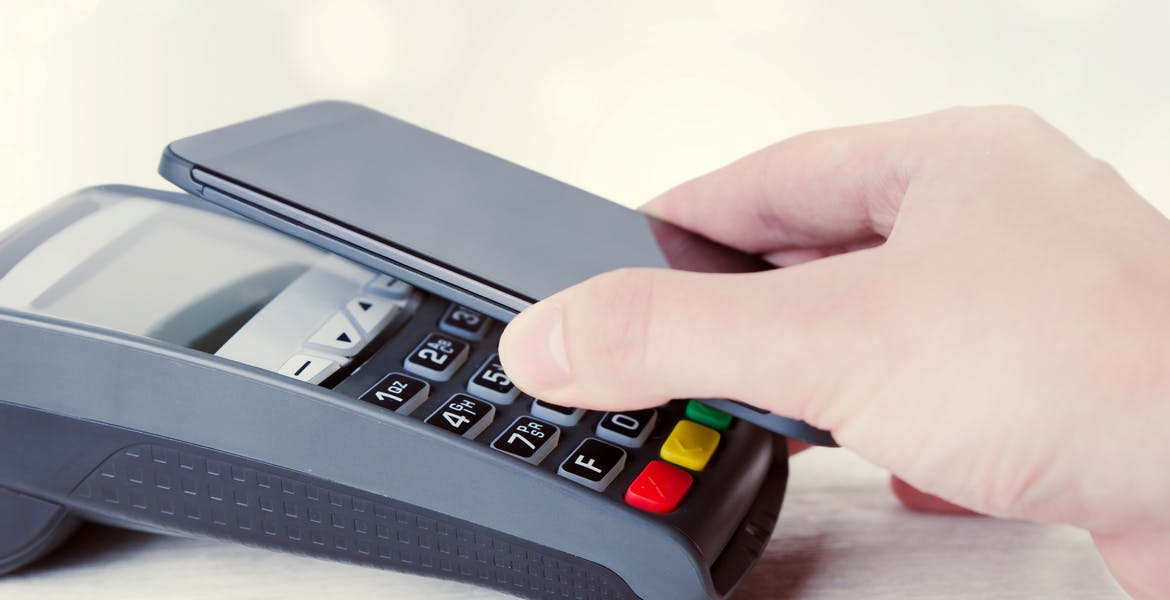
Best Appliances in Australia for 2025
Choosing appliances for your home is about so much more than ticking a box for function. It’s about selecting products that suit your lifestyle, offer long lasting reliability, and bring refined[...]

Australia is well on its way to becoming a cashless society. There are more and more people using smartphone apps such as ApplePay to pay for everyday transactions online instead of carrying cash. Australians are increasingly turning to digital means to arrange and pay for everyday tasks, such as using apps like Deliveroo to get food delivered to the doorstep without having to open the wallet.
Due to this increasingly prominent trend, the Reserve Bank of Australia will soon be releasing the New Payment Platform (NPP) which will make online payments even easier to perform. While this sounds ideal for most app-lovers, it naturally raises some questions.
Will Australia be cashless by 2022?
Despite the nature of the Westpac Cash Free report, the reality is that Australia probably won’t be a cashless society by 2020. Although the report notes that “79% of Australian smartphone users agree making payments via a smartphone will soon become the norm”, this agreement doesn’t necessitate the action. If you take into account that ATM usage is at its lowest level in 15 years, a cashless society seems to be inevitable. However, the reality is that there are still a lot of people, businesses, and charities that are reliant on cash and cash donations.
Why the push for a cashless society?
The government has realised that there is about a 2% – 15% loss on the Gross Domestic Profit (GDP) earned nationally. This is due to the increasing trade through the ‘black economy’. The ‘black economy’ is the term used for cash transactions for goods or services. When people work cash-in-hand jobs and don’t report their earnings, they don’t pay tax on their wages. The ‘black economy’ can also be a breeding ground for illegal activities and criminal activities that usually demand cash. The government would like to crack down on these tax-evading activities by facilitating easier online payment systems.
What will happen to businesses if Australia does go cashless?
Big businesses will be relatively undisturbed, as they already have card payment systems in place. Smaller businesses, however, will probably not be prepared for the costs of installing a card system provided Australia does go cashless. It costs small businesses up to $10,000 to go cashless, and some smaller businesses just can’t justify that bill without jacking up their prices, which would ultimately drive customers away.
Is a cashless society inevitable?
Mastercard’s president of operations and technology Rob Reeg has said that he “definitely thinks Australia will be cashless before the US”. This statement from a banking expert encourages the sentiment that a cashless society is inevitable. However, it will be some time yet before the infrastructure is fully implemented.
With the introduction of wearable tech that makes it easier than ever to pay without having to use cash or even a card, we just will have to keep an eye on whether or not Australia goes cashless within the next few years.

Choosing appliances for your home is about so much more than ticking a box for function. It’s about selecting products that suit your lifestyle, offer long lasting reliability, and bring refined[...]

An Australian navy vessel has inadvertently caused widespread disruption to internet and radio services across parts of New Zealand’s North and South Islands this week. The incident happened early[...]

When it comes to sourcing premium quality meats, not all butchers are created equal. We’ve reviewed some of the most popular and highly regarded butcheries Sydney-wide, assessing them on product[...]

When it comes to choosing fine jewellery, not all jewellers are created equal. From exquisite engagement rings to rare timepieces and one of a kind bespoke creations, Sydney’s luxury jewellery[...]